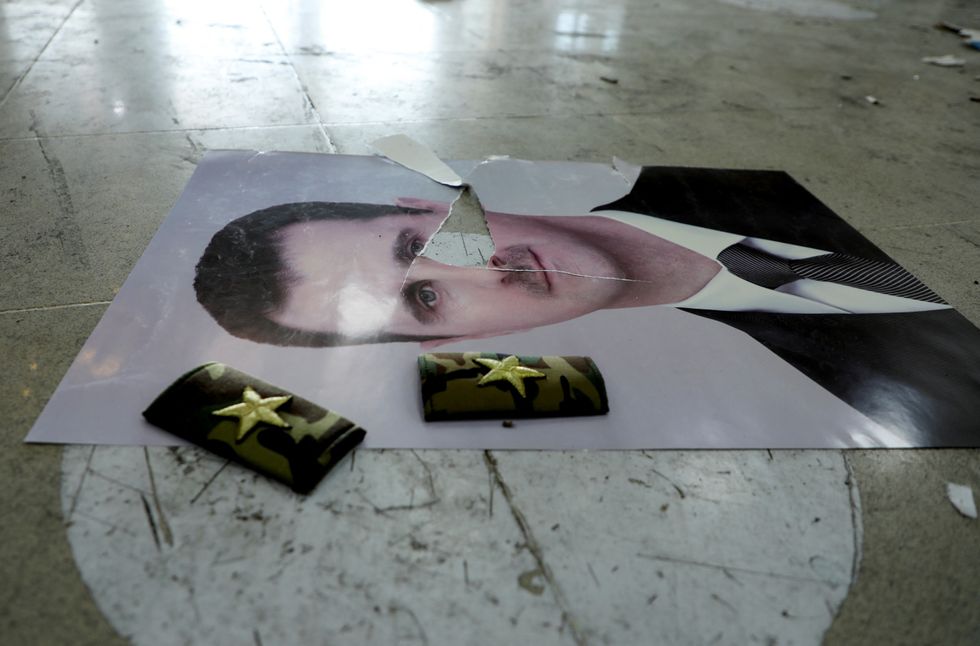Ed Miliband defends blocking Syria military action amid Labour row
Ed Miliband has defended his decision to block military action in Syria whilst Labour leader in 2013, dismissing recent criticism from within his own party.
The public split in Sir Keir Starmer’s cabinet emerged after Shadow Health Secretary Wes Streeting suggested on BBC Question Time that Western hesitation had prolonged Assad’s rule in Syria.
Miliband, who now serves as Labour’s energy secretary, led efforts to prevent then-Prime Minister David Cameron from launching strikes in Syria aimed at deterring the use of chemical weapons.
The row highlights ongoing tensions within Labour over the party’s historical foreign policy positions.

Speaking on BBC Question Time, Streeting said: “With hindsight, I think we can say, looking back on the events of 2013, that the hesitation of this country and the United States created a vacuum that Russia moved into and kept Assad in power for much longer.”
The Shadow Health Secretary acknowledged the complexity of intervention decisions.
“Would that have led to a better Syria? I don’t know. We know from our own foreign policy history that inaction is a choice, but so is action, and we’ve seen in other cases, like Libya, that it did not lead to a better future,” he told the programme.
He suggested swifter Western action could have hastened Assad’s departure from power.
LATEST DEVELOPMENTS
- Van driver who killed work colleague and fled scene avoids jail
- Sadiq Khan issues blow to commuters as he raises daily Tube cap by 70p
- Reform UK mega-donor issues major Elon Musk donation hint after ‘personal’ talks with tech tycoon

Miliband, who led Labour from 2010 to 2015, firmly rejected suggestions he should regret his 2013 decision. “No, I don’t. I welcome the fall of president Assad,” he stated.
He argued there had been no clear strategy for British involvement at the time. “There was no plan for what this British involvement would mean, where it would lead, and what the consequences would be,” Miliband said.
The Doncaster North MP pointed to subsequent events to support his position.
“To those people who say that president Assad would have fallen if we bombed in 2013 that’s obviously wrong, because president Trump bombed president Assad in 2017 and 2018, so he didn’t fall,” he added.

Streeting later moved to defuse tensions with a statement on social media. “I did not criticise Ed. On the contrary, I pointed out the challenges of hindsight, Libya and the uncertainty we face about post-Assad Syria today,” he wrote.
He expressed frustration at how his comments had been interpreted.
“It is frustrating, to put it mildly, to see a nuanced answer to a complicated issue presented as criticism of a good colleague,” the Health Secretary added.
Miliband maintained his position was correct, stating: “I welcome the fall of a brutal dictator, but I think the view that some people seem to be expressing about history is just wrong.”

